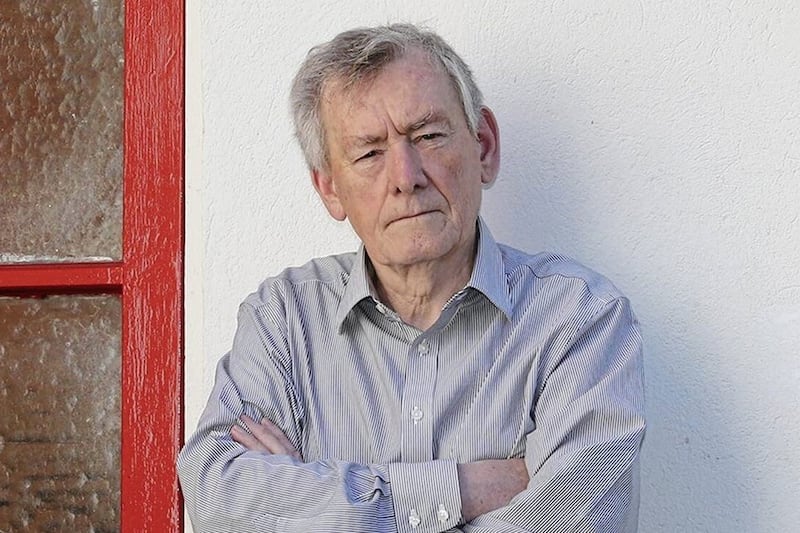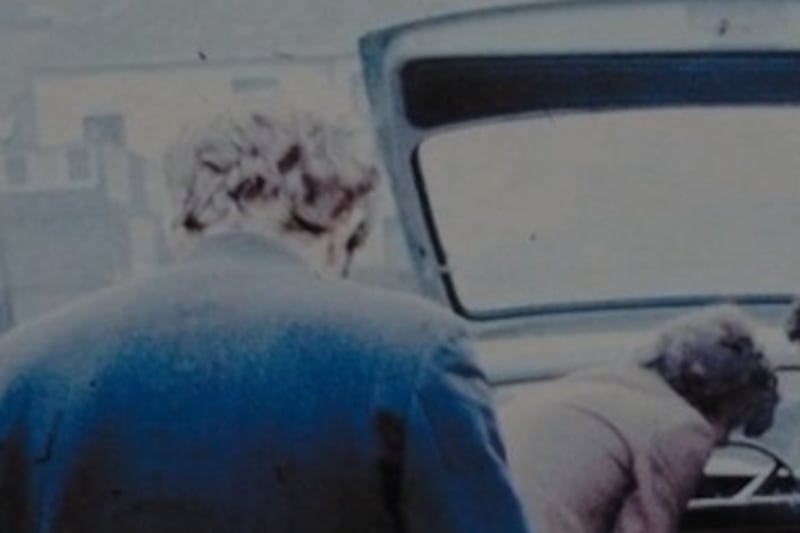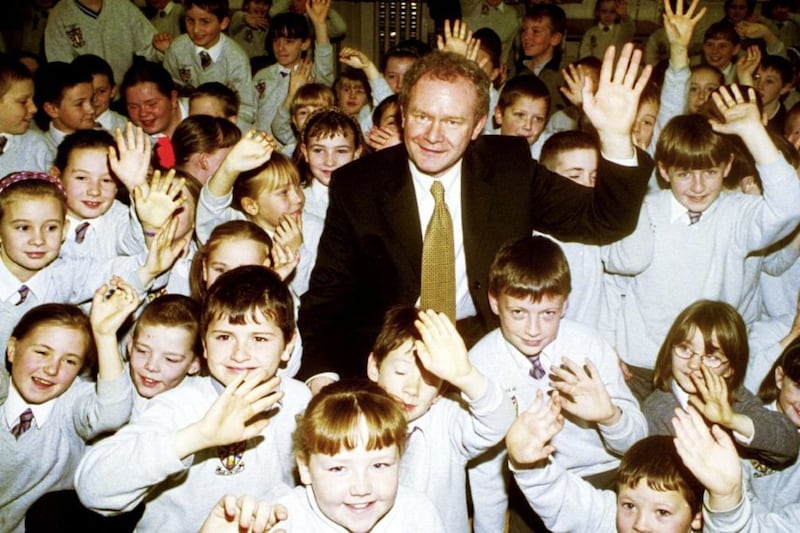The new material which has emerged about the central role of Ian Paisley and Martin McGuinness on rival sides at the start of The Troubles has made a huge impact and deserves to be studied closely.
Mr McGuinness previously told the Saville Tribunal that he was second in command of the IRA in Derry in the early 1970s, although his claim that he left the organisation in 1974 was never taken seriously.
He avoided going into detail about his IRA activities but the archive footage due to be screened in a BBC documentary tomorrow evening clearly depicts him loading a bomb into the back of a car and equally chillingly showing a gun and ammunition to children in Derry.
While Mr Paisley always strongly denied direct involvement with loyalist paramilitary groups, the same programme interviews a retired British Army commander who said he saw evidence specifically linking the first explosions of the conflict to the DUP's founding leader.
The BBC has also produced documentation suggesting that the then Stormont government viewed Mr Paisley's followers and the illegal UVF, which is known to have carried out the initial murders of the period, as `one and same'.
Most academics who have researched the era were left in no doubt that Mr Paisley set out to encourage shocking loyalist violence while Mr McGuinness was plainly a long-term director of the IRA's equally appalling campaign.
However, when the devastating consequences of their previous actions are considered, it is important to remember that that they ultimately came together in 2007 as the key figures in a power-sharing administration which worked positively on behalf of all sections of our divided society.
Mr Paisley was pushed unwillingly into retirement by his own party after barely a year in office, although Mr McGuinness remained in post as effectively joint first minister for another decade until the devolved structures collapsed over the DUP's links to the RHI and other scandals.
They are both now dead but they managed in the most unlikely of circumstances to eventually make a massive contribution towards the cause of peace and progress in Ireland.
Every assessment of their lives and times should examine their early days, and the catastrophes they helped to create, as well as the benefits of their short lived association and what followed after they left the stage.






